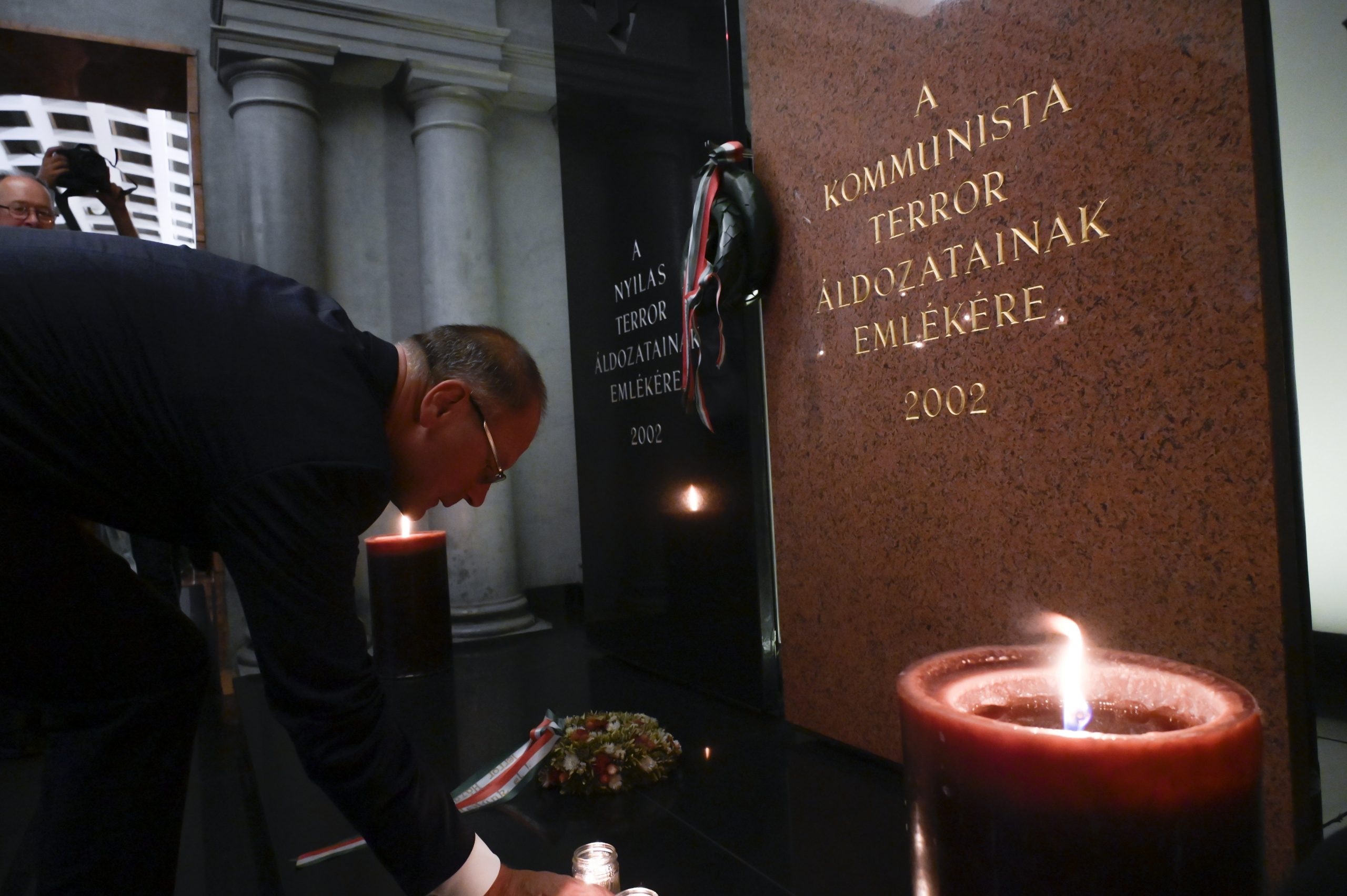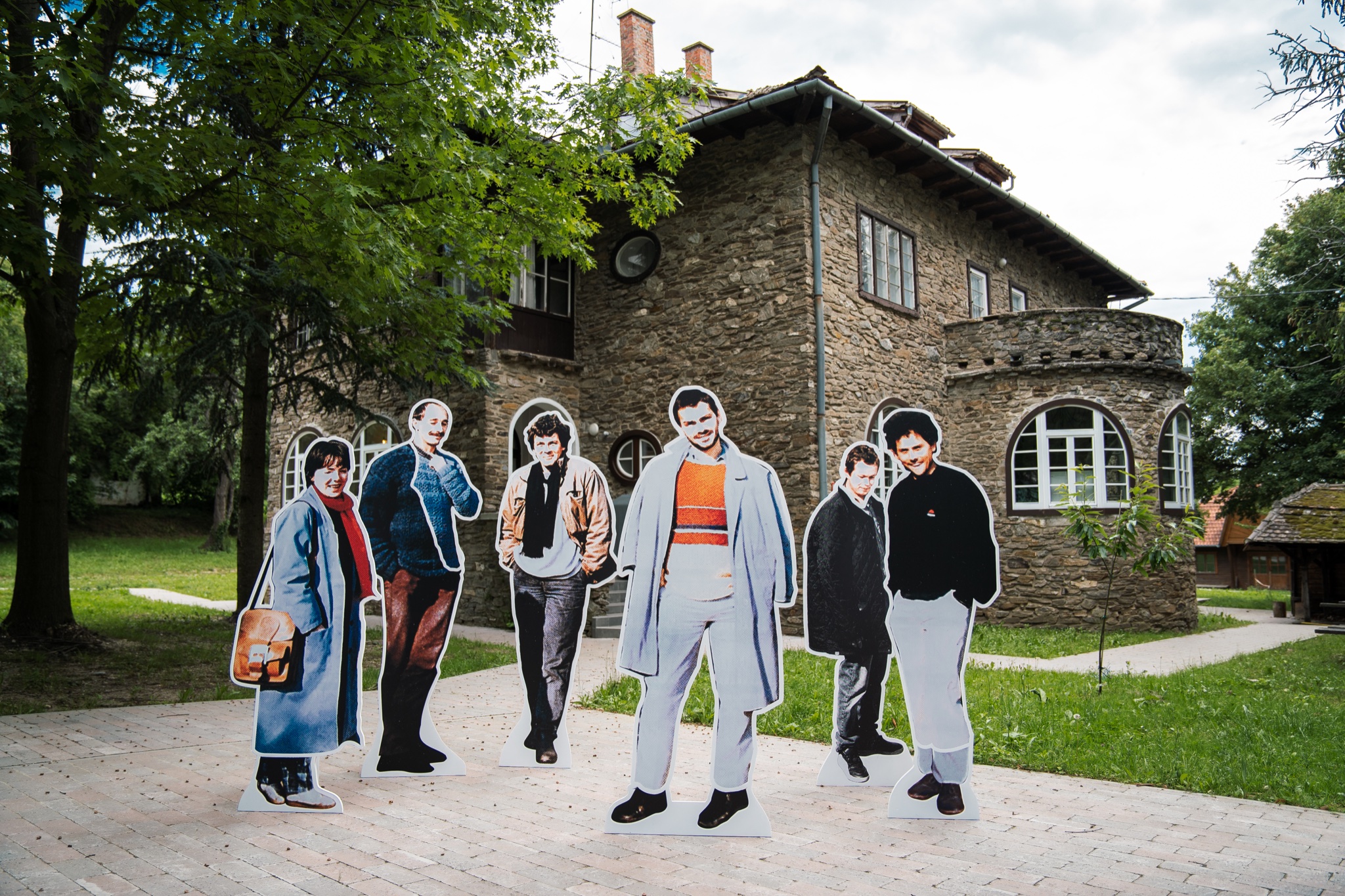
Minister Tibor Navracsics marked the Day of Remembrance for the victims of all totalitarian and authoritarian regimes.
“People in Western Europe need to understand Eastern European history for the continent to become a real community,” Tibor Navracsics, the Minister for Regional Development said on Tuesday, marking the Europe-wide Day of Remembrance for the victims of all totalitarian and authoritarian regimes.
Speaking at an event at the House of Terror Museum in Budapest, he recalled that eleven years ago when he was serving as justice minister, they initiated the memorial day together with his Lithuanian and Polish counterparts. According to Navracsics, the reception among the Western Member States was “lukewarm”. Instead, they argued that all that was just a thing of the past. The tide was turned by a senior British diplomat, who personally remembered the events of the 1956 revolution, he noted.
Western Europeans often do not understand the history of eastern Europe, they do not even learn about it in school, Navracsics explained, adding that the memorial day offers an opportunity for the eastern half of Europe to present its history.
Related article
How Hungarian Students Contributed to the Fall of Communism - Book Launch and Exhibition
The volume of the Institute of Advanced Studies Kőszeg (iASK) (Felsőbbfokú Tanulmányok Intézete), published by Kortárs Publishing House under the title Heroic Times (Daliás idők), traces the history of the Németh László Special College in Szombathely in a national and international context.Continue reading
The memorial day marks the anniversary of the Molotov-Ribbentrop pact in 1939, the non-aggression pact between Nazi Germany and the Soviet Union.
Featured photo via MTI/Koszticsák Szilárd

